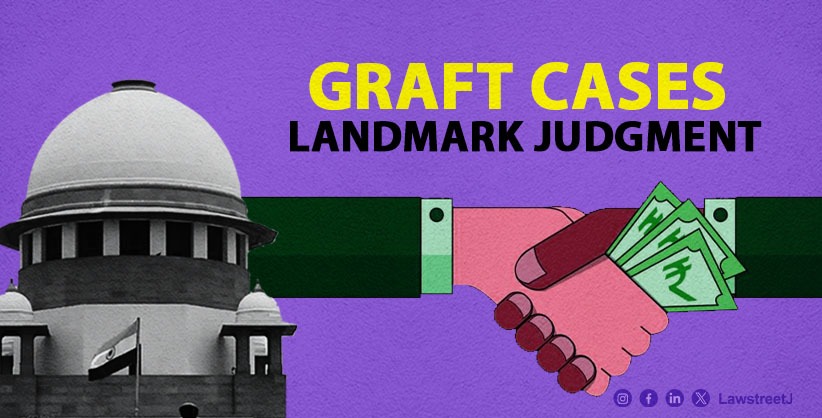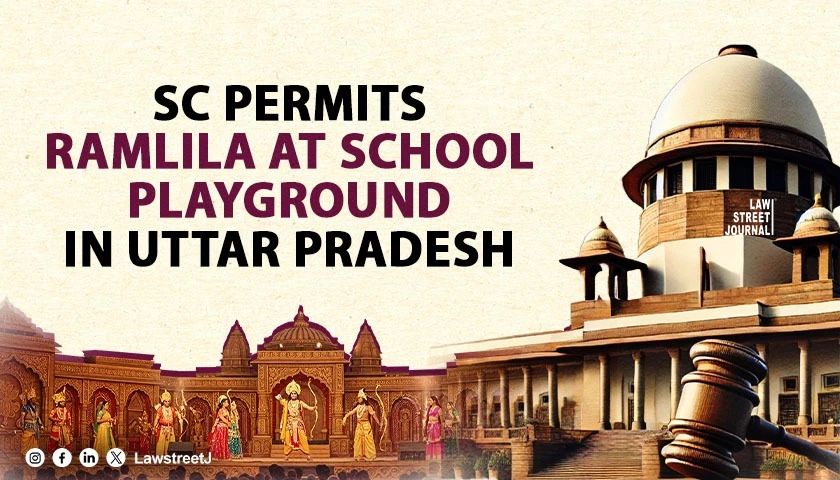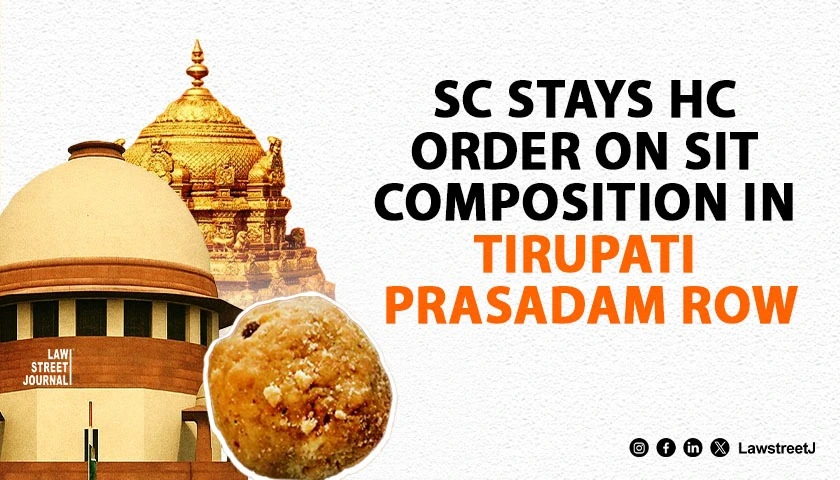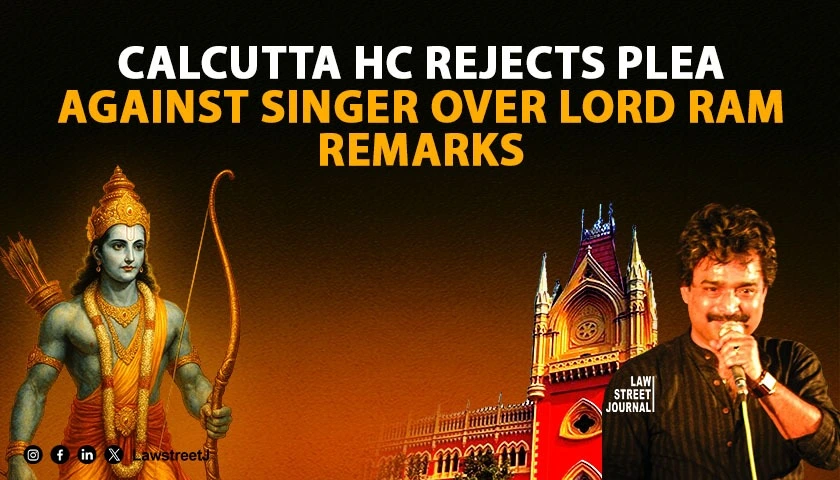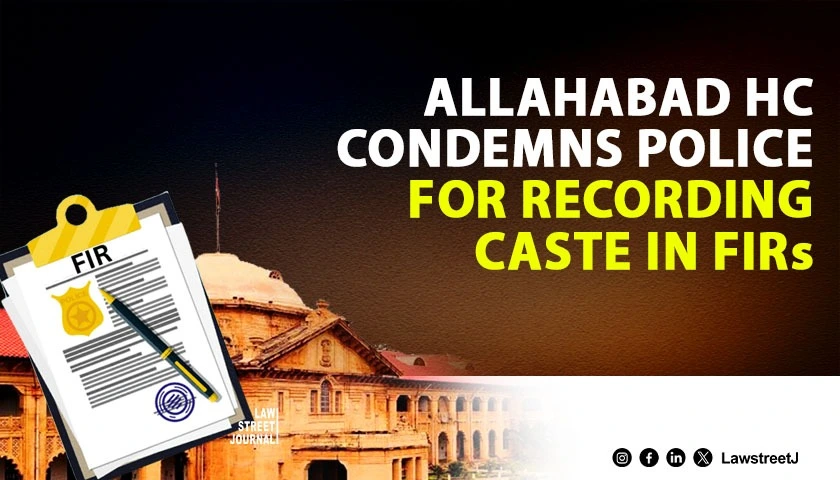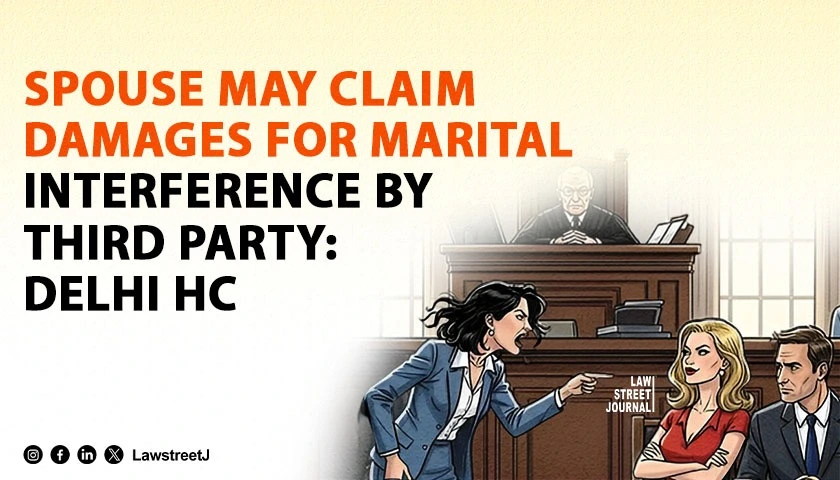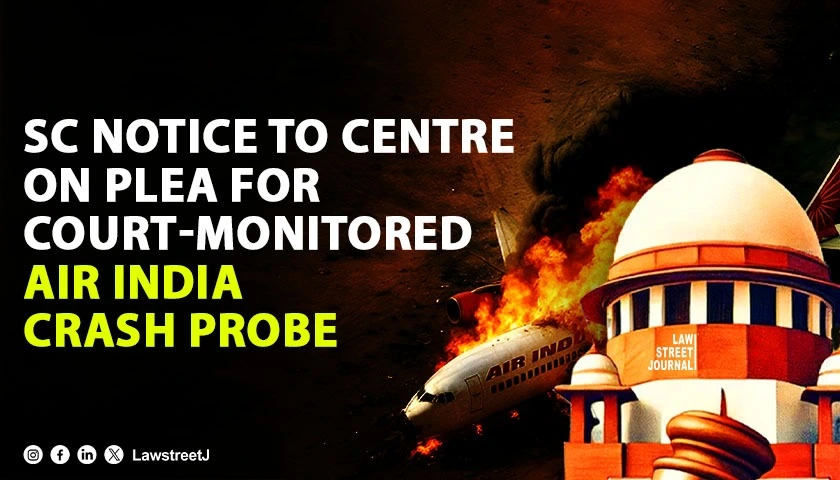NEW DELHI: The Supreme Court on Monday ruled that the CBI is not required to take prior sanction for prosecution of joint secretary and above rank officers in all cases registered against such public servants under the Prevention of Corruption Act since 2003.
A five-judge Constitution bench led by Justice Sanjay Kishan Kaul said its 2014 judgement in the case of Subramanian Swamy would be applicable from the date of September 11, 2003 when the provision was originally inserted.
The top court had in 2014 quashed the validity of Section 6 A of the Delhi Special Police Establishment Act
The bench, also comprising Justices Sanjiv Khanna, A S Oka, Vikram Nath and J K Maheshwari, also declared that Article 20(1) of the Constitution would have no applicability on validity of Section 6 A of the Delhi Special Police Establishment Act.
Justice Nath pronounced the unanimous verdict in the matter in which the judgement was reserved in November, 2022.
The issue before the court was if 2014 judgement in Subramanian Swamy can be applied retrospectively in pending cases.
Article 20(1) of the Constitution states no person shall be convicted of any offense except for violation of a law in force at the time of the commission of the act charged as an offence, nor be subjected to a penalty greater than that which might have been inflicted under the law in force at the time of the commission of the offence.
According to Section 6A of the DSPE Act, the approval of central government is mandatory to conduct inquiry or investigation for offences under the Prevention of Corruption Act, 1988 where such allegation relates to the employees of the central government of the level of Joint Secretary and above.
After the Constitution bench decision, the 2014 judgement would apply in all pending cases and no prosecution would be held as vitiated in absence of prior sanction.

